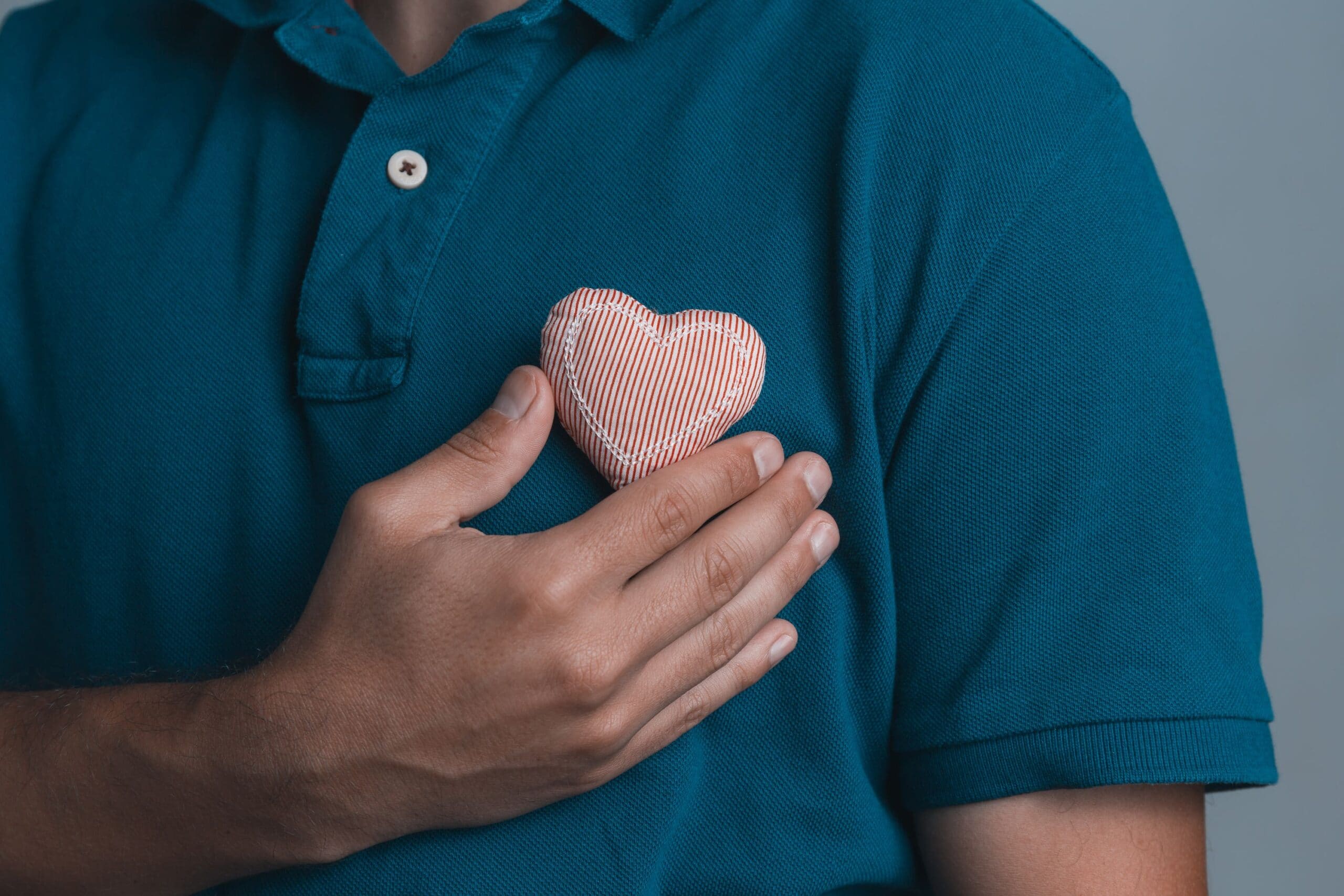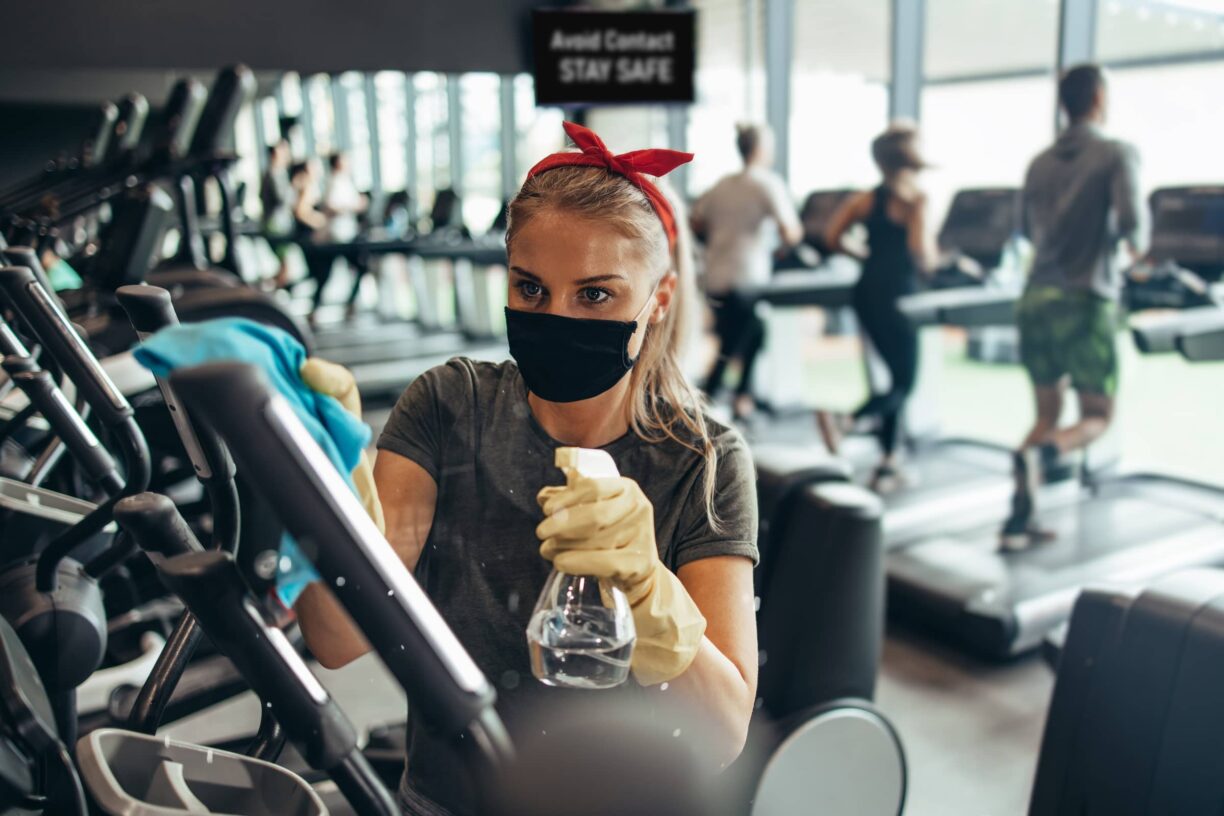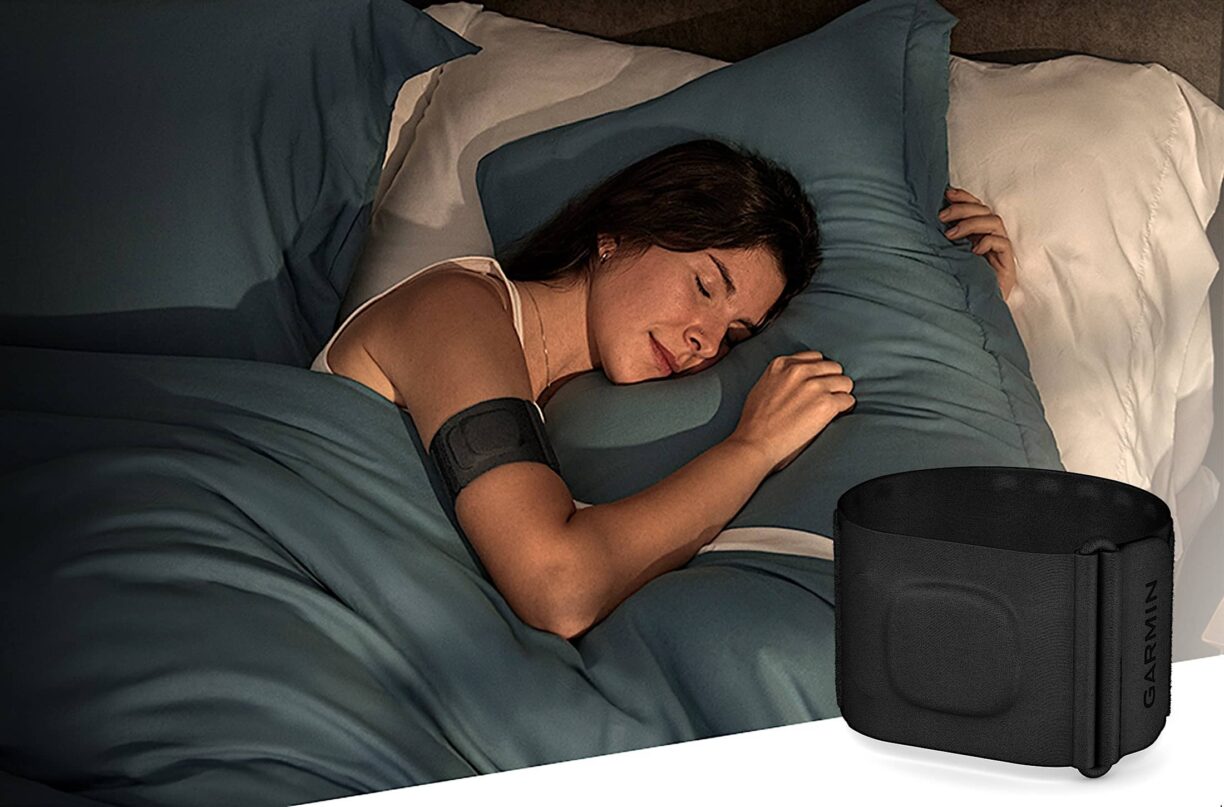Giving blood is always important – but during the coronavirus pandemic it’s more vital than ever.
More than 5,000 blood donations are needed by the NHS every day to meet the needs of patients, and every donation can save up to three lives. But now people who’ve recovered from coronavirus are needed to donate plasma too, as it’s thought antibodies in their blood can help save the lives of people who currently have Covid-19.
Even Facebook has been recruited to join the hunt for donors, and it’s notifying people aged between 18 and 65 in some areas of the country to sign up to receive updates about giving blood.

“We are really grateful to our loyal donors, who throughout the pandemic have kept donating as normal and kept blood stocks good,” says an NHS spokesperson. “However, there’s always a need for us to recruit new donors to replace those who can longer donate. To secure a reliable donor base for the future we particularly need more men and black people to give blood.
“We’re also urgently asking for anyone who has recovered from coronavirus to come forward and donate convalescent plasma. The antibody-rich plasma of people who’ve recovered could save the lives of people who develop Covid in the next few weeks.”
Here’s an outline of what NHS blood service providers need, and how easy it is to give blood…
New donors always needed
The blood service always needs new, first-time donors to join regular donors to provide around 1.455 million blood donations this year. So much is needed because blood can’t be stockpiled – it can only be stored for 35 days, meaning regular donations are needed throughout the year.
Male and black donors needed
At the moment, the blood service says male donors and black donors are particularly needed. Men can donate more often than women, and black donors, who currently only make up 1.5% of donors in England, are needed to boost donations of Ro blood. O negative donors are also needed, as this is the blood type used most in hospitals, as it can be given to all patients.
Younger donors
Currently, most donors are aged over 45, which is why the NHS is trying to recruit a new generation of donors through Facebook’s blood donation feature.
Plasma to treat coronavirus
Ahead of any possible second wave of Covid-19, the NHS urgently needs people who’ve had coronavirus to donate ‘convalescent plasma’ for trials. The antibody-rich plasma of people who’ve recovered from the virus can be transfused into Covid-19 patients struggling to develop their own immune response, and it’s thought the antibodies could slow or stop the virus spreading, which could save lives.
Zeeshan Asghar, national partnerships manager for NHS Blood and Transplant (NHSBT), says: “A big challenge for us at the moment is recruiting enough convalescent plasma donors ahead of any second wave of Covid-19. We urgently need people who’ve had coronavirus to volunteer to donate.”
Men who’ve recovered from coronavirus
Men who’ve had coronavirus are particularly needed to donate blood plasma. The blood service says far more women are offering to donate, despite men making better donors because they’re three times more likely to give a high antibody unit of plasma than women. This is partly because men are more seriously affected by Covid and produce more antibodies, and men are more likely to have large enough blood volumes and veins.
Check you’re eligible
Donors need to be are fit and healthy, weigh between seven stone 12 lbs and 25 stone (50kg-158kg), be aged between 17 and 66 (or 70 if you’ve given blood before, or over 70 if you’ve given a full blood donation in the last two years). Further eligibility information is available here.
Coronavirus safety precautions
The blood service stresses safety is always a number one priority, and since the outbreak of coronavirus extra safety measures have been added to donor sessions, including triaging on arrival, asking donors to wear face coverings, and spacing donors out as much as possible.
The donation process
If you register as a blood donor and are asked to donate, it really is easy and painless! You’ll have to complete a donor healthcheck form, and at the donor centre a small blood sample will be taken from your finger to test your haemoglobin levels.
If they’re okay, a suitable vein in your arm will be identified and the area of skin around it will be thoroughly cleaned and a needle inserted to take your blood, which takes between about five to 10 minutes and doesn’t usually hurt. After donation, the needle will be removed and a sterile dressing applied to your arm. Then there’s the best bit – free drinks and snacks are provided!
Your blood could go to a mum who’s just given birth, someone who’s been in a car accident or a child with cancer, to name just a few.
To give blood you can register online at http://www.blood.co.uk or call 0300 123 23 23.





